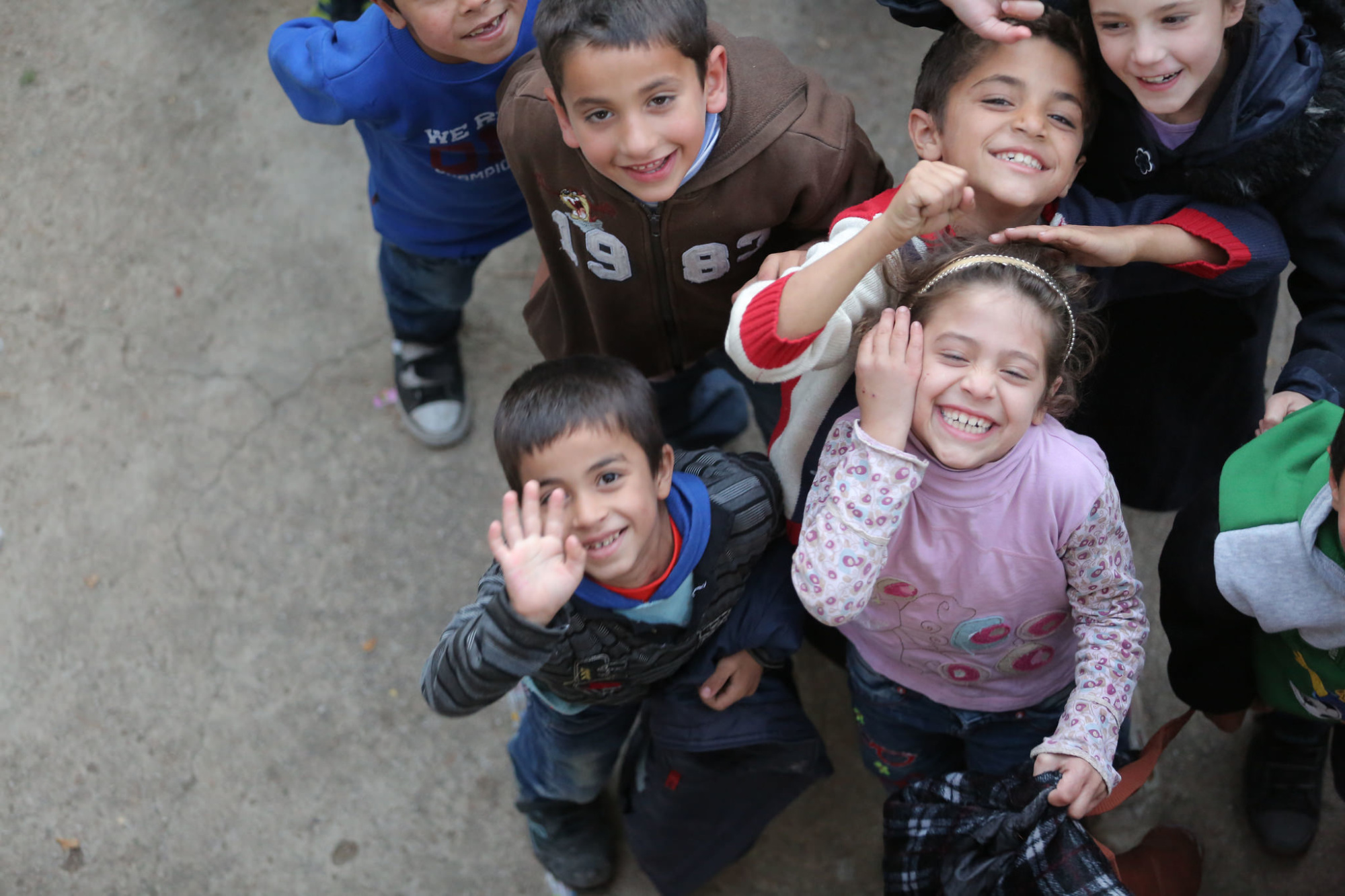HP Donates Laptops to Enhance Learning for Syrian Refugees

Photo by Anthony Achkar.
Fourteen-year-old Ahmad loves math. Partially because of this passion and partially because of the war that shattered the architecture of his childhood city of Damascus, he aspires to become an engineer and rebuild Syria, his home.
“I miss everything about Syria,” Ahmad said in September when A World at School visited him in Lebanon, where his family lives as refugees. “I miss going to the mosque on Fridays, I miss going to play and swim in the river.”
Although Ahmad could not attend school for a full year so he could earn $1 a day for his family, he was able to return to school this past fall through a double-shift school system which enables Lebanese children to go to school in the morning and then Syrian refugee children through a second shift in the afternoon. He is, compared to the other Syrian refugee children, lucky: There are more than 500,000 Syrian refugee children in Lebanon alone, yet the majority are not in school. However, through a double-shift school system being implemented through a partnership with the Lebanese government, nearly 200,000 Syrian refugee children will be enrolled in schools this year. Now in school, Ahmad is protected from the life of a child laborer and can enjoy a nurturing environment where he can grow and feel safe.
Unfortunately, even though the double-shift school provides access to education for some of the world’s most marginalized children, there are still barriers that can prevent children from learning. In Syria, for instance, curriculums are taught exclusively in Arabic, but in Lebanon, math and sciences are taught in French or English, creating a learning disparity for those who have never spoken anything but Arabic. For other children who come from food insecure households and can only consume one meal a day, hunger is the greatest obstacle to learning.
For Ahmad, the lack of technology in Lebanese curriculums is a challenge, particularly because of his dream to become an engineer. With the critical help of GBC-Education members like HP, who donated 15 HP Envy XP360 laptops to support an initiative being piloted in a double-shift school in Lebanon, some of these barriers can be overcome.
“Everyone, everywhere has the right to a quality education, and technology is a key enabler and equalizer,” says Nate Hurst, Sustainability Innovation Officer, HP Inc. “We are proud to work with partners such as GBC-Education to help close the education opportunity gap for Ahmad and children like him. In and beyond the classroom, we also help refugees — and non-refugees — build new lives and livelihoods through HP LIFE, a free online training program available in seven languages that enables people around the world to gain the skills they need to create sustainable economic futures for themselves, their families and their communities.”
The pilot led by Theirworld, working in collaboration with the Lebanese Ministry of Education and Higher Education, will provide schoolchildren with technology that will deliver language classes so students can keep up with the Lebanese curricula. The pilot initiative will also support the delivery of classes in a wider range of subjects and will support extra-curricula activities that enable students to develop life skills.
This pilot is particularly significant as donor countries look for innovative and scalable ways to support Syrian refugees in Lebanon. GBC-Education hopes that it will demonstrate how small-scale investments in technology can address barriers to accessing education and quality learning in emergency and conflict zones and provide a proof of concept on the transformative nature of these interventions, which, if successful, could be taken to scale.
